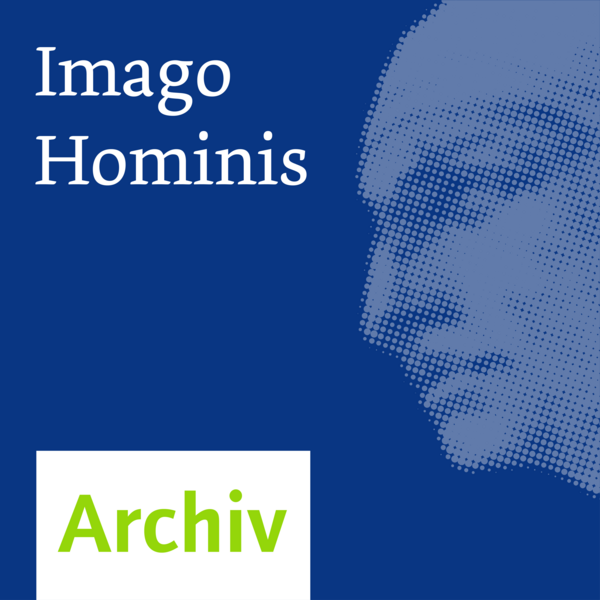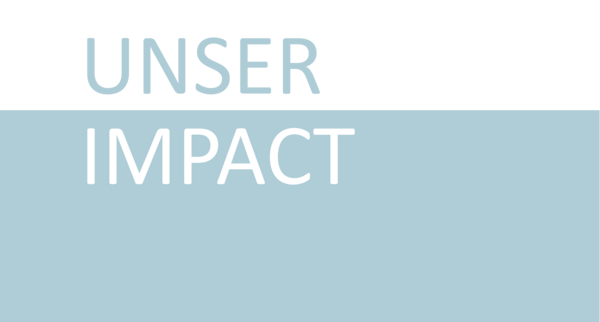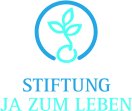Eizellenspende und PID: Offene Fragen des FMedRÄG 2015
Zusammenfassung
Der vorliegende Beitrag beschäftigt sich mit dem Prozess des normativen Wandels in Österreich, von einem restriktiven hin zu einem liberal-permissiven Regulierungsregime der medizinisch unterstützten Fortpflanzungsmedizin. Der Fokus liegt auf der Novelle des Fortpflanzungsmedizingesetzes 2015 (FMedRÄG 2015), wobei im Speziellen die Eizellenspende und die Präimplantationsdiagnostik (PID) besprochen werden. Es werden die Motive des Gesetzgebers für diesen legislativen Wandlungsprozess in der Fortpflanzungsmedizin skizziert, um in weiterer Folge die Eizellenspende und PID genauer zu beleuchten und einige daraus resultierende (offene) Fragen ausführlich zu diskutieren.
Schlüsselwörter: Eizellenspende, Präimplantationsdiagnostik (PID), In-Vitro Fertilisation (IVF), FMedRÄG 2015
Abstract
This paper focuses on the regulatory change resulting from the Austrian Artificial Procreation Act in 2015. Due to this amendment, Austria turned from a restrictive to a liberal/permissive regulatory regime concerning medically assisted reproductive techniques. This paper sheds light on the legislative forces that drove this amendment and focuses particularly on the regulations governing oocyte donations and pre-implantation genetic diagnosis (PGD) by critically discussing relevant (but unresolved) legal issues.
Keywords: oocyte donation, pre-implantation genetic diagnosis (PGD), in vitro fertilization (IVF), FMedRÄG 2015
Ass.-Prof. Dr. Magdalena Flatscher-Thöni
Institut für Public Health, Medical Decision Making & HTA
Private Universität für Gesundheitswissen-
schaften, Medizinische Informatik und Technik
UMIT
Eduard-Wallnöfer-Zentrum 1, A-6060 Hall in Tirol
magdalena.flatscher-thoeni(at)umit.at
Univ.-Ass. MMag. Dr. Caroline Voithofer
Institut für Zivilrecht
Universität Innsbruck
Innrain 52, A-6020 Innsbruck
caroline.voithofer(at)uibk.ac.at







